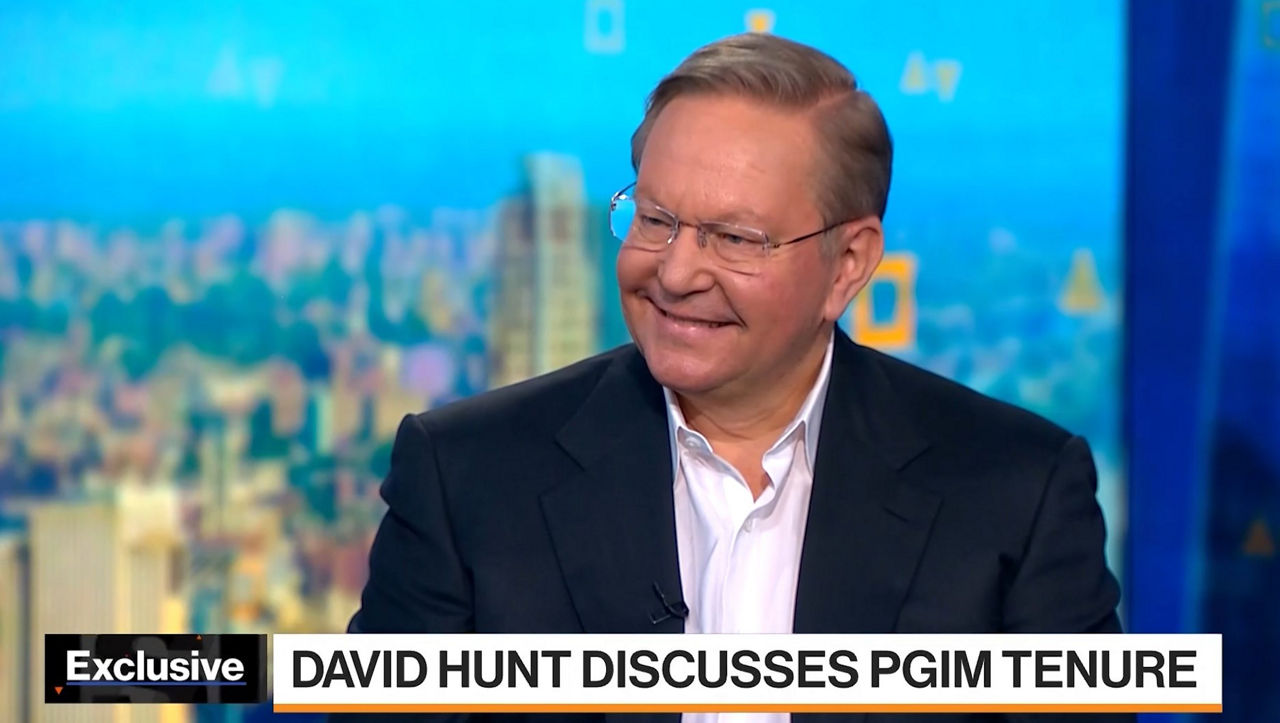Featured insights
-
Credit Convergence: The Blurring of Public and Private CreditPGIM experts discuss investment strategies and portfolio implications across the public and private credit spectrum.
Read More
-
2025 Real Estate Global OutlookHeightened uncertainty is weighing on the near-term outlook, but it has not derailed the recovery and growth story.
Read More
-
Navigating the Nexus Part II: The Intersection of Insurance and Asset ManagementThe current volatility in financial markets highlights why getting the marriage of insurance capital and private credit right is so important.
Read More
A Leading Global Asset Manager*
$1.39T
159
200+

A provider of global fixed income solutions.

A fundamental active equity and fixed income manager.

The quantitative investment specialist of PGIM.

Providing integrated solutions across public and private markets with portfolio strategy and asset allocation expertise.

A provider of actively managed investments including mutual funds, ETFs, and UCITs.

A manager of private fixed income and alternative portfolios.

A global manager of real estate equity, debt, and securities investment strategies.
Our Unique Multi-Affiliate Model
PGIM’s affiliates deliver specialized expertise across public and private asset classes, including fixed income, equities, real estate, private credit, and other alternatives.
-
In the NewsDemand for Multi-Asset Solutions is Soaring, Says PGIM’s Phil WaldeckPhil Waldeck, CEO of PGIM Multi-Asset Solutions, sits down with InvestmentNews anchor Gregg Greenberg to explain growing investor interest in multi-asset solutions across both public and private markets.
Read More
-
In the NewsPublic-Private Debt Convergence Puts the Squeeze on Smaller ManagersPGIM’s Phil Waldeck and Gabriel Rivera discuss the convergence of public and private credit in FundFire.
Read More
-
In the NewsPGIM Chairman David Hunt on Expanding Access to Private AlternativesHunt joined Bloomberg TV to reflect on his tenure at PGIM, the firm’s global growth, and the evolution of asset management during his career.
Read More
Subscribe to receive our latest insights
Stay informed on timely market developments, outlooks and industry events.
* Required Fields
Data as of 3/31/25 unless otherwise noted. All Assets Under Management are net unless otherwise noted.
Alpha indicates the performance, positive or negative, of an investment when compared against an appropriate standard, typically a group of investments known as a market index.
*PGIM is the investment management business of Prudential Financial, Inc. (PFI). PFI is the 12th largest investment manager (out of 411 firms surveyed) in terms of worldwide institutional assets under management based on Pensions & Investments’ Top Money Managers list published June 2024. This ranking represents institutional client assets under management by PFI as of December 31, 2023. Participation in the P&I ranking is voluntary and open to managers that have any kind of U.S. institutional tax-exempt AUM.






